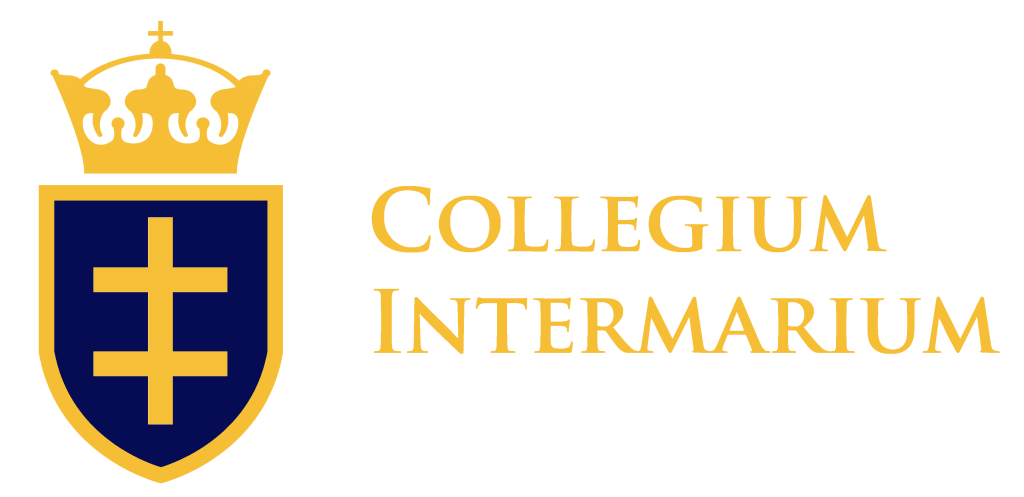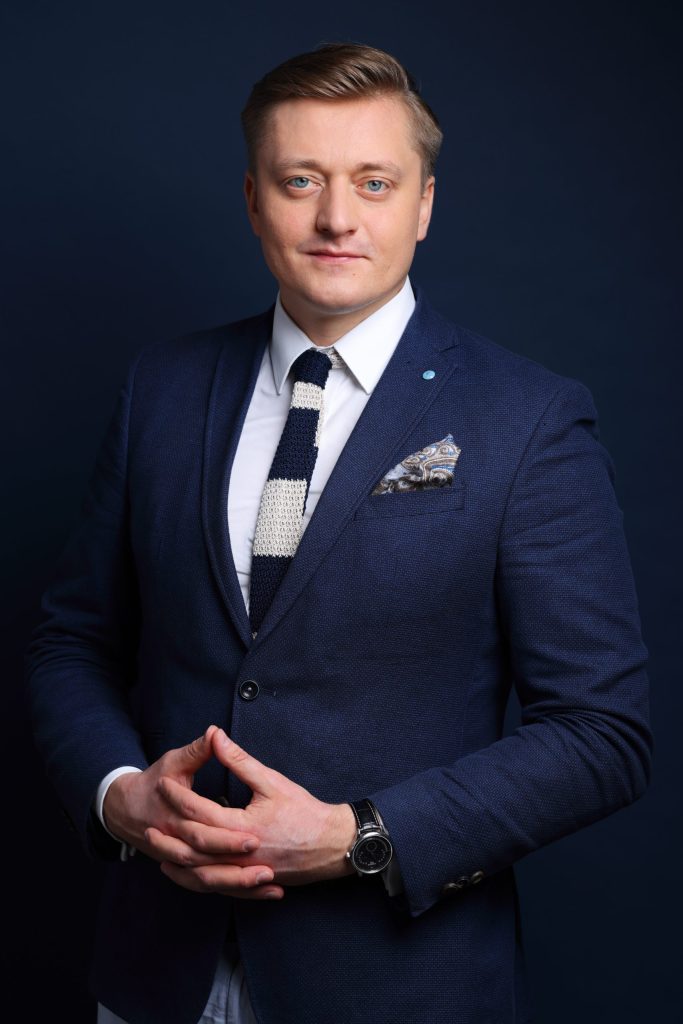- O NAS
- AKTUALNOŚCI
- STUDIA I KURSY
- STUDIA
- STUDIA PODYPLOMOWE
- LL.M IN HUMAN RIGHTS AND INTERNATIONAL DISPUTE RESOLUTION
- ETYKA CNÓT I REALNEGO DOBRA W DOBIE PONOWOCZESNOŚCI (studia dla nauczycieli)
- EUROPA KLASYCZNA: polityka – kultura – sztuka debaty
- WIARA I NAUKA – STUDIA PODYPLOMOWE
- Zarządzanie oświatą
- Sztuka w kulturze – historia sztuki w rozszerzonym kontekście filozoficznym, historycznym i społeczno-politycznym
- KURSY I WARSZTATY
- KURS EUROPA KLASYCZNA: polityka – kultura – sztuka debaty
- CYBERZAGROŻENIA
- Studium podstaw filozofii św. Tomasza z Akwinu
- Summer Seminar “Reclaiming Our Christian Heritage”
- Studium Filozofii Realistycznej (klasycznej)
- Kursy z łaciny
- Studium wiara i nauka
- Metodyka pracy w sprawach administracyjnych w samorządzie terytorialnym
- CENTRA BADAWCZE
- ENGLISH


